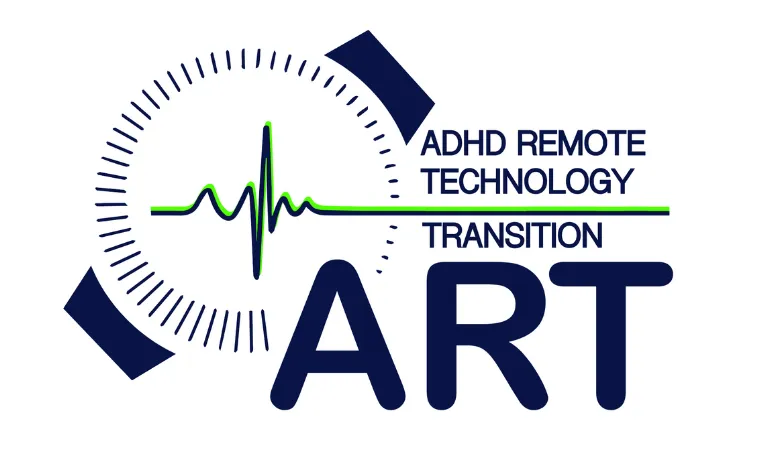ART-transition - ADHD Remote Technology and ADHD transition: predicting and preventing negative outcomes
The ADHD Remote Technology and ADHD transition: predicting and preventing negative outcomes (ART-transition) research programme is funded by a large (>£2.7 million) grant from the Medical Research Council (MRC). The project will use ADHD Remote Technology (ART) to study the transition from adolescence to adulthood for people with ADHD, and will involve the development of a prototype for a new ADHD-transition smartphone app. Over the next five years, principal investigator Professor Jonna Kuntsi will work with King’s co-investigators Professor Richard Dobson, Dr Ewan Carr, Dr Amos Folarin and Dr Johnny Downs, and with co-investigator Dr Maddie Groom and Mindtech colleagues from Nottingham, Andrea Bilbow from the patient support organisation ADDISS and software engineers from The Hyve.
Late adolescence and the transition to adulthood is a highly challenging and potentially critical period for young people with ADHD that can lay the foundations for diverging adulthood trajectories. This vulnerable phase coincides with the transition from child and adolescent mental health care to adult ADHD services, which is a focus of major current clinical concern. Therefore, many young people with ADHD do not receive appropriate interventions at a time when they may need them most.
The research programme will address three core questions on the transition to adulthood for individuals with ADHD: (1) What changes take place?; (2) What predicts these changes?; and (3) How can we prevent negative outcomes and support healthy lifestyles? The study will remotely monitor 250 young people with ADHD over a two-year continuous assessment period, using both active and passive monitoring. The team will then work with young people with ADHD to co-design a prototype for a new ADHD-transition smartphone app. It aims to prevent negative outcomes and support healthy lifestyles by facilitating self-management, personalisation of treatment and engagement with adult services.
Take part!
We are now recruiting for ART-transition! If you are UK-based, aged 16-17, diagnosed with ADHD and want to contribute to this important ADHD research (or know someone who is) please get in contact with the team at art-transition@kcl.ac.uk.

Principal Investigator
Investigators
Affiliations
Contact us
Follow us on social media
- Bluesky: @adhd-remote-tech.bsky.social
- LinkedIn: ADHD Remote Technology
- Instagram: @adhd.remote.tech





